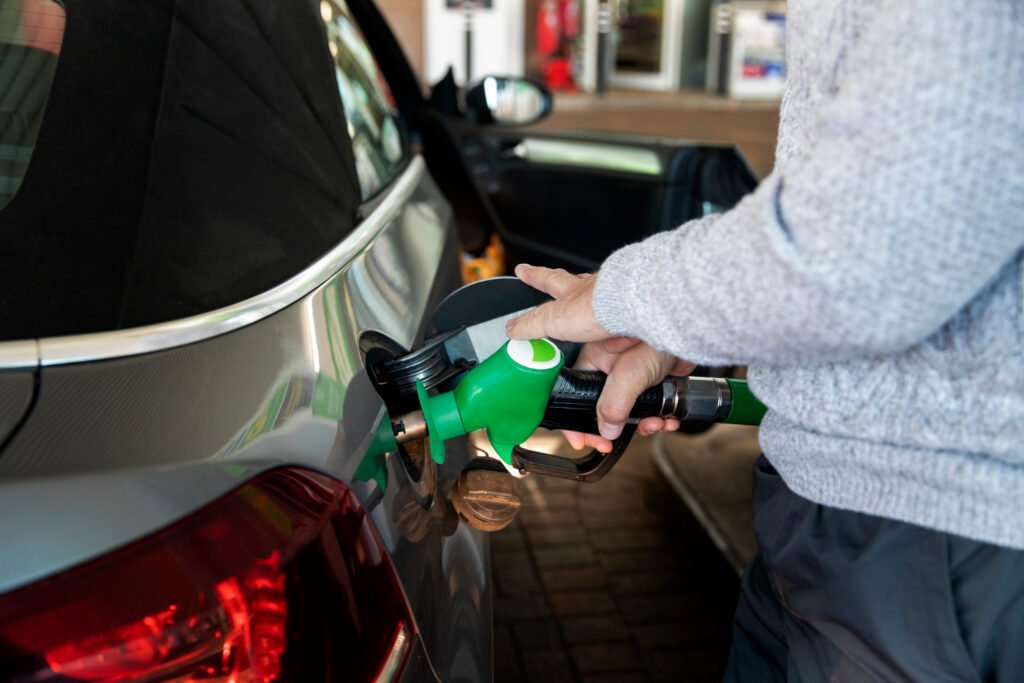
In today’s fast-paced business environment, fleet efficiency is paramount. Business owners constantly seek ways to optimise operations, reduce costs, and enhance productivity. One comprehensive approach that stands out is integrating telematics and fuel card solutions. This strategy offers a holistic way to manage fleets, providing detailed insights into vehicle performance, driver behaviour, and fuel expenditure.
The Importance of Fleet Efficiency
Fleet efficiency is crucial for any business that relies on transportation. Inefficient fleets can lead to higher operational costs, increased downtime, and reduced customer satisfaction. By optimising fleet operations, businesses can achieve:
- Cost Savings: Efficient fleet management reduces fuel consumption, maintenance costs, and administrative expenses.
- Enhanced Productivity: Well-managed fleets ensure timely deliveries and services, boosting overall productivity.
- Improved Safety: Monitoring driver behaviour and vehicle health can significantly reduce the risk of accidents.
- Environmental Benefits: Optimising routes and reducing fuel consumption contribute to lower carbon emissions.
What is Telematics?
Telematics involves the use of telecommunications and informatics to monitor and manage vehicles. By integrating GPS technology, onboard diagnostics, and other sensors, telematics systems provide real-time data on fleet operations.
Key Benefits of Telematics
- Real-Time Tracking: Allows businesses to monitor the location and status of their vehicles in real-time, improving dispatch efficiency and route planning.
- Driver Behaviour Monitoring: Telematics systems can track driver habits, such as speeding, harsh braking, and idling, helping to promote safer and more efficient driving practices.
- Vehicle Diagnostics: Real-time data on vehicle health can predict maintenance needs, preventing breakdowns and reducing repair costs.
- Enhanced Security: Real-time tracking and geo-fencing features can help prevent vehicle theft and unauthorised use.
Fuel Card Solutions
Fuel cards are specialised payment cards used to manage fuel purchases. They offer a range of features designed to simplify fuel management and control costs.
Key Benefits of Fuel Card Solutions
- Cost Control: Fuel cards provide detailed reports on fuel usage, helping businesses monitor and control fuel expenses.
- Convenience: Drivers can use fuel cards at a wide network of fuelling stations, simplifying the refuelling process.
- Fraud Prevention: Fuel cards often include security features, such as PIN protection and transaction limits, reducing the risk of fraud.
- Administrative Efficiency: Automated reports and integration with accounting systems reduce the administrative burden associated with managing fuel expenses.
Integrating Telematics and Fuel Card Solutions
Combining telematics and fuel card solutions offers a powerful toolset for enhancing fleet efficiency. This integrated approach provides comprehensive insights into fleet operations, from vehicle performance to fuel usage and driver behaviour.
Comprehensive Data Analysis
With telematics, businesses can gather detailed data on vehicle performance and driver behaviour. Integrating this data with fuel card reports allows for a holistic view of fleet operations. For example, a business can analyse how driving habits impact fuel consumption and take corrective actions to promote more efficient driving.
Streamlined Operations
An integrated solution simplifies fleet management by consolidating data from various sources. This streamlining helps fleet managers make informed decisions quickly, optimising routes, scheduling maintenance, and managing fuel purchases more effectively.
Enhanced Accountability
Telematics and fuel card integration enhance accountability by providing detailed reports on every aspect of fleet operations. This transparency helps in identifying areas for improvement, setting performance benchmarks, and ensuring compliance with company policies and regulations.
Improved Driver Management
Driver performance is a critical factor in fleet efficiency. Telematics systems can identify drivers who may need additional training or support, while fuel cards help in monitoring and controlling fuel expenses linked to individual drivers. Together, these tools promote safer and more efficient driving practices.
Case Study: Success with Integrated Solutions
Many businesses have already experienced significant benefits by adopting integrated telematics and fuel card solutions. For instance, a logistics company that implemented these tools reported a 15% reduction in fuel costs and a 20% improvement in delivery times. By leveraging real-time data, the company optimised routes monitored driver behaviour, and ensured timely maintenance, leading to substantial cost savings and enhanced customer satisfaction.
Choosing the Right Provider
Selecting the right provider is crucial to successfully integrating telematics and fuel card solutions. Radius, a leader in fleet management solutions, offers comprehensive and customisable telematics and fuel card services tailored to meet the unique needs of each business. With a strong focus on innovation and customer support, Radius ensures that businesses can maximise the benefits of these integrated solutions.
Why Radius?
- Comprehensive Solutions: Radius provides a wide range of telematics and fuel card services, ensuring a perfect fit for any business.
- Customisable Plans: Flexible options allow businesses to choose the features that best meet their needs.
- Expert Support: Dedicated support teams assist with implementation and ongoing management, ensuring seamless integration and optimal performance.
- Proven Track Record: With a history of successful implementations, Radius is a trusted partner for businesses looking to enhance fleet efficiency.
For more information on how Radius can help enhance your fleet efficiency with integrated telematics and fuel card solutions, visit www.radius.com
Incorporating integrated telematics and fuel card solutions into fleet management strategies offers numerous benefits, from cost savings and improved productivity to enhanced safety and environmental impact. By choosing a reliable provider like Radius, businesses can leverage these advanced tools to optimise their operations, stay competitive, and achieve long-term success. Investing in these technologies is not just a step towards modernising fleet management—it’s a strategic move towards a more efficient and sustainable future.
